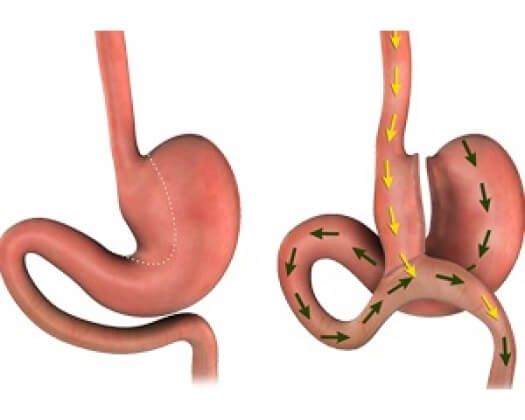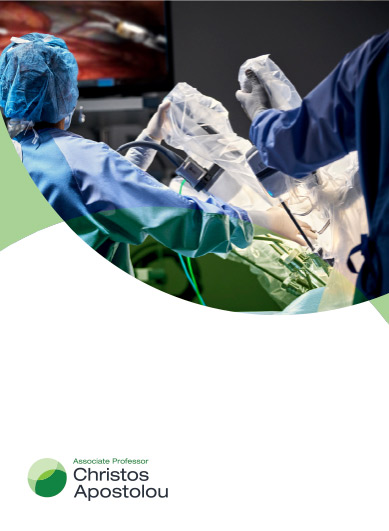Summary
Gastric bypass surgery is an effective treatment for obesity, which is one of the leading causes of preventable death worldwide. The aim of this procedure is to help you lose significant weight by making you feel full faster with smaller amounts of food while absorbing fewer calories.
The success of gastric bypass varies based on individual eating habits and exercise after surgery. Commitment to lifestyle changes and regular follow-up visits with your healthcare provider are essential for achieving lasting results.




